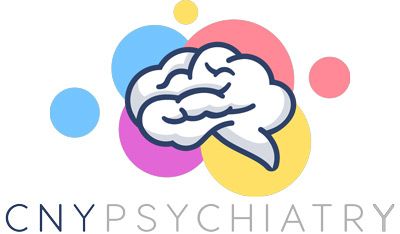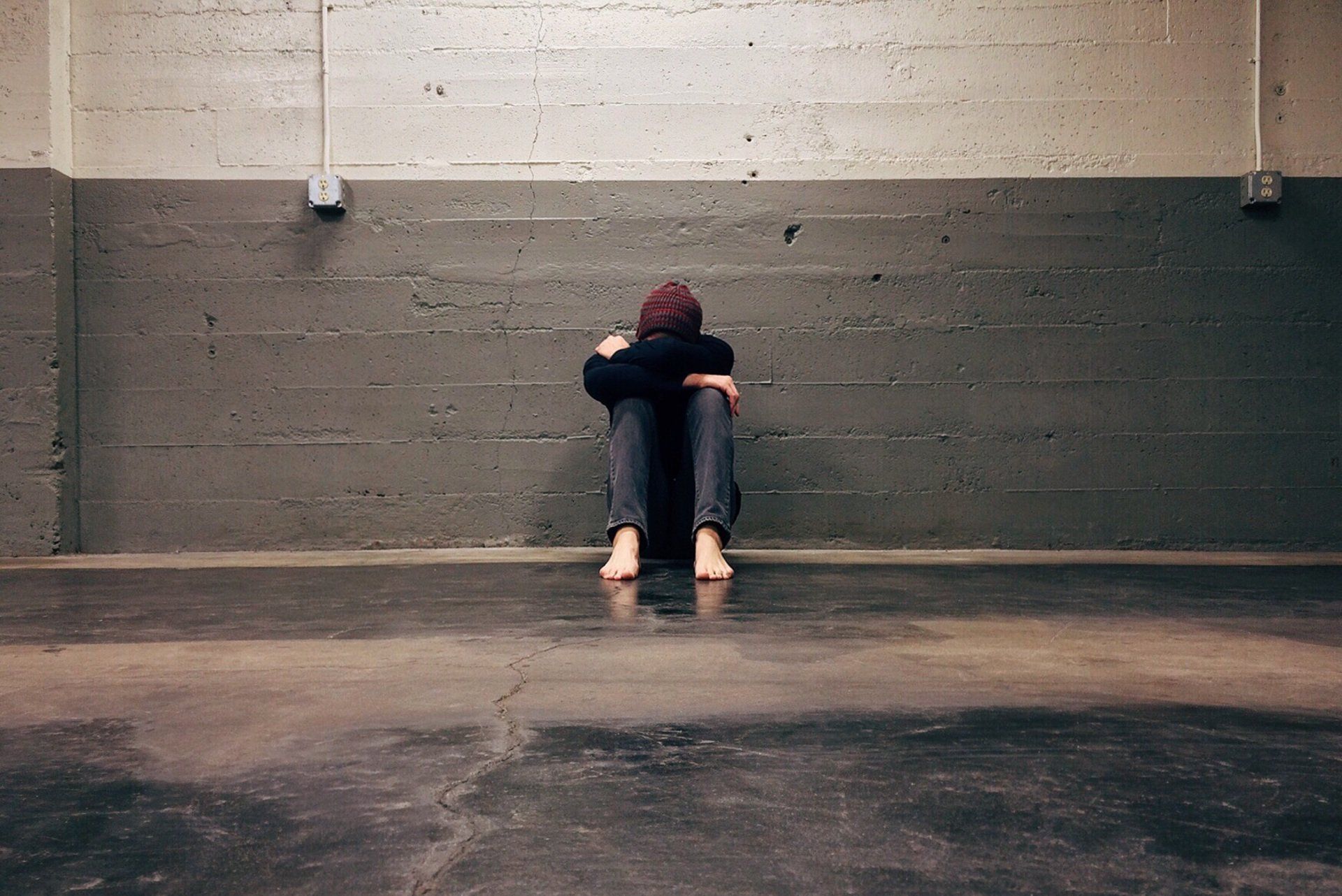TMS Therapy for Teen Depression: A New Hope
Jason Stepkovitch, MD • August 15, 2022

Knowing your child is suffering from depression is beyond challenging, especially when you feel you've tried everything to help without any success.
Fortunately, TMS therapy, or transcranial magnetic stimulation, is a safe and effective option for teens suffering from depression, particularly those who have not yet responded to medication or traditional talk therapy.
Your teen deserves to live a joyful, purpose-filled life. Let's explore TMS therapy and how it can help.

Quick Guide to TMS Therapy
Transcranial magnetic stimulation (TMS) is a non-invasive brain stimulation therapy that uses magnetic fields to stimulate nerve cells in the brain. TMS is a promising new treatment for adolescent depression, as research continues to find it safe and effective in clinical trials.
While the exact mechanism of how TMS works is still not fully understood, it is thought to work by modulating neurotransmitter activity and improving communication between different brain areas. It is FDA-approved to treat depression and obsessive-compulsive disorder (OCD), and most patients report improvements in their symptoms within the first few weeks of treatment.
How Does It Work?
TMS machines emit high-powered magnetic fields from a coil above the forehead, like MRIs but on a much smaller scale.
Electrical currents travel 2-3 centimeters into the brain, stimulating cellular activity and releasing neurotransmitters. It releases chemicals like serotonin, dopamine, and norepinephrine, which are crucial to achieving a balance among brain chemicals.
Check out the quick video below for a visual guide to what you can expect!
How Does It Feel?
TMS therapy is a non-invasive treatment, pleasantly accepted by most patients. Some people even feel relaxed and calm during a TMS session.
Others may experience a tapping sensation or a mild headache, but these side effects often dissipate as patients grow accustomed to the procedure.
TMS therapy does not require sedation, so it will not impair mental clarity or daily activity.
Benefits of TMS Therapy for Teens
TMS therapy may benefit your child if:
- Your child has been diagnosed with depression, major depression, dysthymia, bipolar I or II, etc.
- Your teen experiences adverse side effects when using antidepressants.
- Your child's depression is worsening, regardless of antidepressant use.
- The symptoms of your teen's depression have not responded to medication and counseling.
Whether your teen is resistant to treatment or experiences adverse side effects when taking medication for depression, there is still hope for remission.

Is It Safe?
TMS is safe and FDA-approved, with little to no side effects. Some patients may experience discomfort during or following the treatment, but this experience is often short-lived.
That said, a few people are not eligible for TMS. TMS is ineffective for patients with metal implants in or near the head due to its magnetic nature. A few examples include:
- Aneurysm clips
- Stents
- Deep brain stimulators
- Metallic ear or eye appliances
- Shrapnel or bullet fragments
- Pacemakers
However, your teen is entirely safe if they have braces or dental fillings.
Finally, if your child has a history of seizures, it's best to consult your medical provider about whether TMS therapy is safe for them.
What The Research Evidence Says About Teens & TMS
Multiple studies show TMS therapy is clinically effective and safe in children, teens, and adults.
Researchers from the Department of Neurology at the University of Colorado-Anschutz Medical Campus and the Neuroscience Institute at Georgia State University examined all current research available from PubMed regarding the safety of TMS in children in 2017. From a review of publications dating from 1985 to 2016, scientists inferred that the risk of TMS in children is the same as in adults--meaning little to no adverse side effects.
This conclusion was supported and enhanced by further research throughout the following years. One study by Cincinnati Children's Hospital and the University of Cincinnati College of Medicine examined 165 pediatric subjects undergoing TMS and found it to be equally safe in adults and children.
Another
study published in 2021 found that TMS therapy was as tolerable, feasible, and safe for children as it was for adults. And yet another
study, conducted in 2021, focused on adolescents and produced similar results.
How To Determine Whether TMS Is Right For Your Child
Symptoms of depression in teens include low energy levels, changes in sleep and eating patterns, difficulty concentrating on homework or schoolwork, and an overall lack of motivation. According to research, major depression in youth is often associated with:
- Increased suicidality
- Prolonged illness
- Heightened risk of non-response to treatment
According to the same study, approximately 30-40% of youth undergoing behavioral therapy and SSRI medication will not respond positively to treatment.
You and your doctor should also consider the side effects of antidepressant medications when planning your child's care. Experts find that taking antidepressants in childhood or adolescence may increase the risk of suicidal thoughts, ideation, and planning.
It is suspected that teens who are free of the physical symptoms of depression may begin to recognize their cognitive and emotional symptoms, like thoughts of self-harm or suicide.
Relief From Depression Is Possible
Unfortunately, depression is incurable; however, treatments are available to make it easier to manage and overcome symptoms, even in the most challenging cases.
Therapy is always the first recommendation when treating depression, followed by medication. Today, there are more ways to find relief, especially for those who feel they've tried everything, and nothing has worked.
How To Determine Whether TMS Is Right For Your Child
Transcranial magnetic stimulation is painless with very few side effects. If your child has depression, there is hope for finding relief. Please don't hesitate to contact us.
To learn more about how TMS therapy works and if it's suitable for your teen, contact us today to set up an appointment at one of our locations in Endwell or Marcellus, NY.
We look forward to helping your teen achieve a healthier and happier life!




